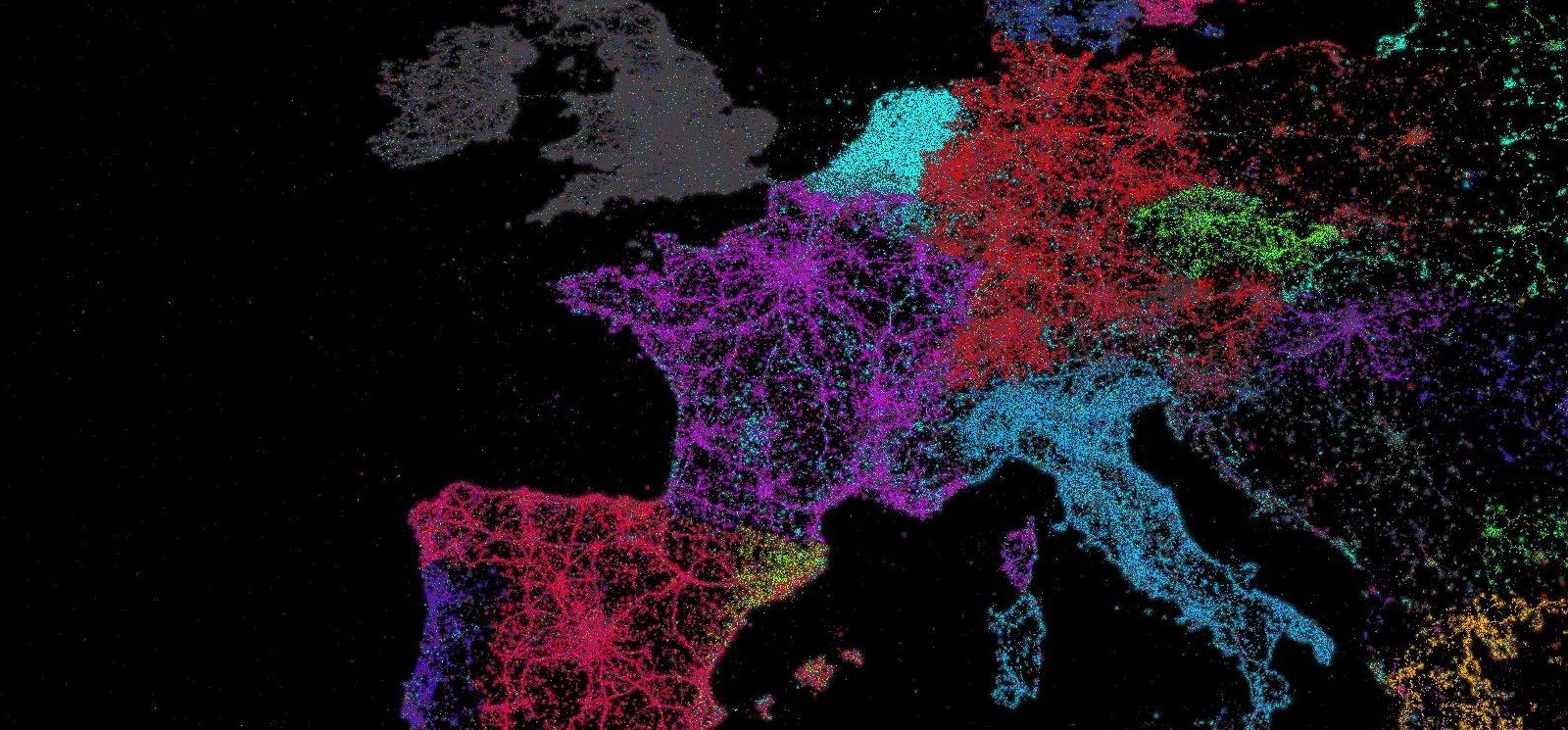Le Twitter trending in France

PARIS – It was a Twitter
trending topic in October 2012. The hashtag #unbonjuif, or a “#agoodjew” was
used to rip into the Jewish community in France, just months after seven Jewish
citizens were gunned down in Toulouse. Outrage over the often violent anti-Semitic
tweets caused the French government to take action with a court order demanding
that Twitter hand over the names of those responsible for the tweets.
Facing a $50 million lawsuit, Twitter eventually complied in July 2013, and while many praised the decision, critics saw it as a blow to freedom of speech. The affair, however, did not stunt Twitter’s growth in France. According to a spokesperson from Twitter, the microblogging platform grew 150% between 2011 and 2012, with no signs of stopping. France is currently Twitter’s seventh-largest market – even if it remains a small one.
Twitter – or Tweeter as the French pronounce it – is like the English language in France: Everyone knows about it, but very few actually use it. One study suggests that only 5% of the French population uses the site while 89% at least know what it is – compared to 16% who use it in the US. Studies suggest that both young and senior users are two emerging demographics taking over, though adoption is slow. Particularities including cultural norms and legal constraints make the tool a form of expression that the French seem wary of using.
As the anti-Semitic controversy demonstrated, speech on Twitter is not as 100% free and democratic as its founders may have hoped, leaving some skeptical about joining and sharing their own tweets. Moreover, France prides itself on strict privacy laws, a debate that continues to make headlines as French president, Francois Hollande, deals with his two mistresses in a very public – and very un-French – way.
These cultural challenges are just part of the picture. According to Olivier Tesquet, author of the book, Tweets: L'Histoire s'écrit-elle en 140 caractères? (Tweets: History Written in 140 Characters?), the French are coming around to microblogging, but linguistic hurdles work against its widespread appeal.
While Twitter knocks down some of the walls between those who speak and those who listen, there is little consensus on the language used to do so. One report suggests that only 2% of tweets are actually in French worldwide. The language map (pictured below) illustrates how French tweets come mostly from in France and the surrounding French-speaking countries.
“French has its nuances,” Tesquet said, “and our elites aren't used to being shouted at in such a direct way.” The different forms of “you,” both formal and informal, for example enter a gray area on Twitter. Addressing someone using the informal “you” in French can easily chill any conversation that may have followed.

But this minority culture has already had wider impact. “Rather than get angry about it, many prefer to meet halfway between a Twitter language and the French language,” Tesquet said.
Furthermore, aside from privacy issues, Twitter has suffered from some legal hiccups. In 2011, TV and radio reporters were barred from using the brand names of social media sites in accordance with a law that prohibits advertising in news items. The CSA, France’s audiovisual control group, recently relaxed the restrictions, but maintains that news programs must avoid excessive mention of specific platforms as well as showing any social media logos.
Additionally, an often-mocked 2013 decision by the General Commission of Terminology and Neologisms has banned the word “hashtag” from any and all official government publications or social media outlets. They’ve replaced it with the word “mot dièse” as a way to prevent an Anglicization of the French language.
Twitter's popularity may have been overshadowed by Facebook's French launch in 2008, though France has had its own popular social network SkyRock since 2002. More recent growth has allowed Twitter to break new ground in Europe. France’s Twitter Paris office opened in March 2013 with 18 employees. The company, however, is still in start-up mode in France, focusing efforts on creating partnerships with businesses and media outlets who are interested in using Twitter, the spokesperson said.The French are notoriously slow to adopt new technologies quickly, but the times are changing. According to a community manager at Paris's City Hall, Wilfrid Hubert, new technologies and constant calls for innovation are pushing the French towards social media, especially in a city like Paris with a disproportionate number of younger people. “This population has a veritable appetite for these new technologies related to information and communication,” he said. With 3G and 4G arriving in the Parisian metro lines by 2016 and falling smartphone prices, there are fewer and fewer barriers to tweeting while mobile.
While the French culture is still adapting to using Twitter, Tesquet said there’s at least one sign that the platform will succeed in France. “I think the French are very talkative,” he said, “which in this case makes it the perfect tool.”
Photo: Alexandre Mainguenaud
This post was originally published on Smartplanet.com